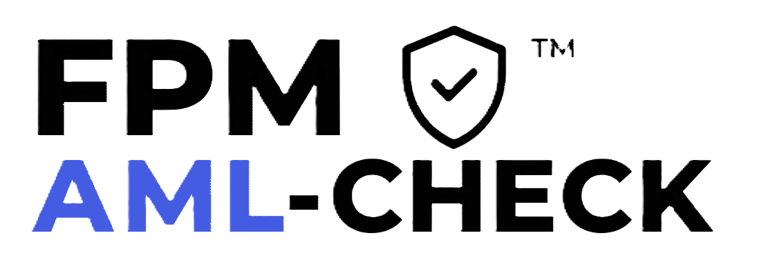"The Financial Repercussions of Capital One's Regulatory Failures"
CASE STUDY SERIES: 7


BREIF INTRO: Capital One National Association, based in McLean, Virginia, was a major U.S. bank and the main subsidiary of Capital One Financial Corporation. Between 2008 and 2014, FinCEN found that its Check Cashing Group violated Bank Secrecy Act obligations by failing to maintain an effective anti-money laundering program.
WHAT WENT WRONG?
1. AML PROGRAM VIOLATIONS: Despite acquiring Hibernia Bank in 2005 and North Fork Bank in 2006, both with AML deficiencies, CONA continued operations by 2008. Although warned by the OCC about AML risks in its Check Cashing Group (CCG), CONA's efforts were inadequate, leading to the 2008 indictment of a CCG customer and its President.
2. UNFILED SAR’s : The Bank Secrecy Act (BSA) required banks to report suspicious transactions of $5,000 or more within 30 days. Despite knowing about indictments related to Check Cashing Group (CCG) customers, Capital One National Association (CONA) delayed filing SARs until October 2009. In March 2010, an AML analyst flagged over $1 million in suspicious checks linked to the construction industry, but no SAR was filed. A 2010 report showed Pucillo entities cashed over $14 million in checks within two months, but this was reported only in July 2013. Between 2008 and 2012, Pucillo deposited $6.9 million in suspicious checks through CONA, including a $475,000 check from a payee who later pleaded guilty to tax evasion. Despite clear suspicious signs, CONA failed to file timely SARs.
3. UNFILED CTR’s: Between January 2006 and March 2008, CONA failed to report around 50,000 cash transactions totaling over $16 billion from its CCG due to errors in its CTR system.
CIVIL MONEY PENALTY: FinCEN had determined civil money penalty of $390 million in this matter.
LESSONS LEARNED:
Key learnings for other financial institutions:
1. Compliance Was Non-Negotiable
2. Timely Reporting Was Essential
3. Customer Due Diligence Could Not Be Overlooked
4. Effective Use of Technology
5. Regular Audits and Reviews Were Necessary
FPM AML-CHECK® offered an advanced screening solution to help financial institutions in Pakistan combat financial crimes, with a comprehensive database of domestic Politically Exposed Persons (PEPs). Recognized for excellence and endorsed by the NBFI and Modaraba Association of Pakistan, our award-winning AML solution ensured robust compliance.
For more information, contact us at:
WhatsApp: 0301-1157150 / 51
Email: haris@fpmamlcheck.com

